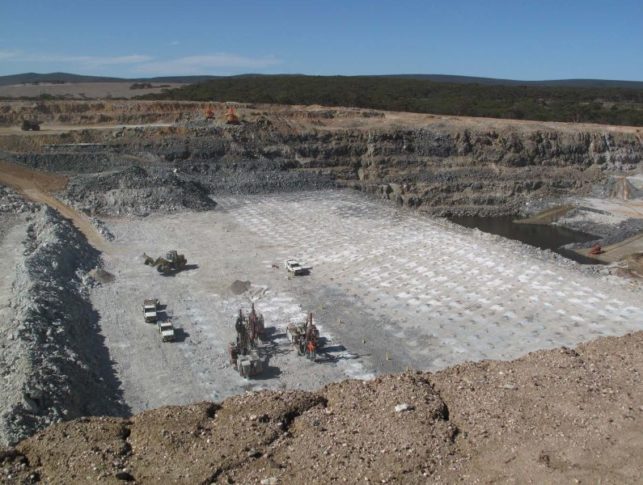(Pan Africa) (3 minutes read)
- African countries are trying to rewrite their mining contracts. In the new dispensation that the African countries are envisaging, mining should give more in taxes, royalties, and profits. It may be recalled that there is an accusation that mining agreements are unfair and are tilted more toward the investors at the cost of host countries
African countries are trying to rewrite their mining contracts. In the new dispensation that the African countries are envisaging, mining should give more in taxes, royalties, and profits. It may be recalled that there is an accusation that mining agreements are unfair and are tilted more toward the investors at the cost of host countries.
Africa is rich in minerals like cobalt and lithium. For instance, it has the world’s largest cobalt reserves. The Central African country – the Democratic Republic of Congo – is renegotiating a US$6 billion infrastructure-for-minerals deal signed in 2008 with Chinese miners. In the renegotiated settlement, Kinshasa has demanded that the infrastructure investment increase to US$20 billion. DRC introduced a new mining code in 2018, which made Swiss mining giant Glencore part with more infrastructure expenses.
In Botswana, diamond miner De Beers now will have to pay more royalty and other incidentals. In the new agreement, the Botswana government is selling 25% of diamonds mined by Debswana, a joint venture between De-Beers and the Government of Botswana, and the rest 75% is sold by De Beers. Earlier, De Beers had the exclusive rights to sell the mined diamonds.
Read also:
https://trendsnafrica.com/de-beers-may-start-mining-diamonds-from-angola/
https://trendsnafrica.com/botswana-contemplating-selling-more-diamonds-without-de-beers/
Following these trends, South Africa, Zambia, Guinea, and Angola have reviewed or looking to renegotiate the terms of their mining agreements with investors. African countries are now pushing back, demanding more from their resources.





